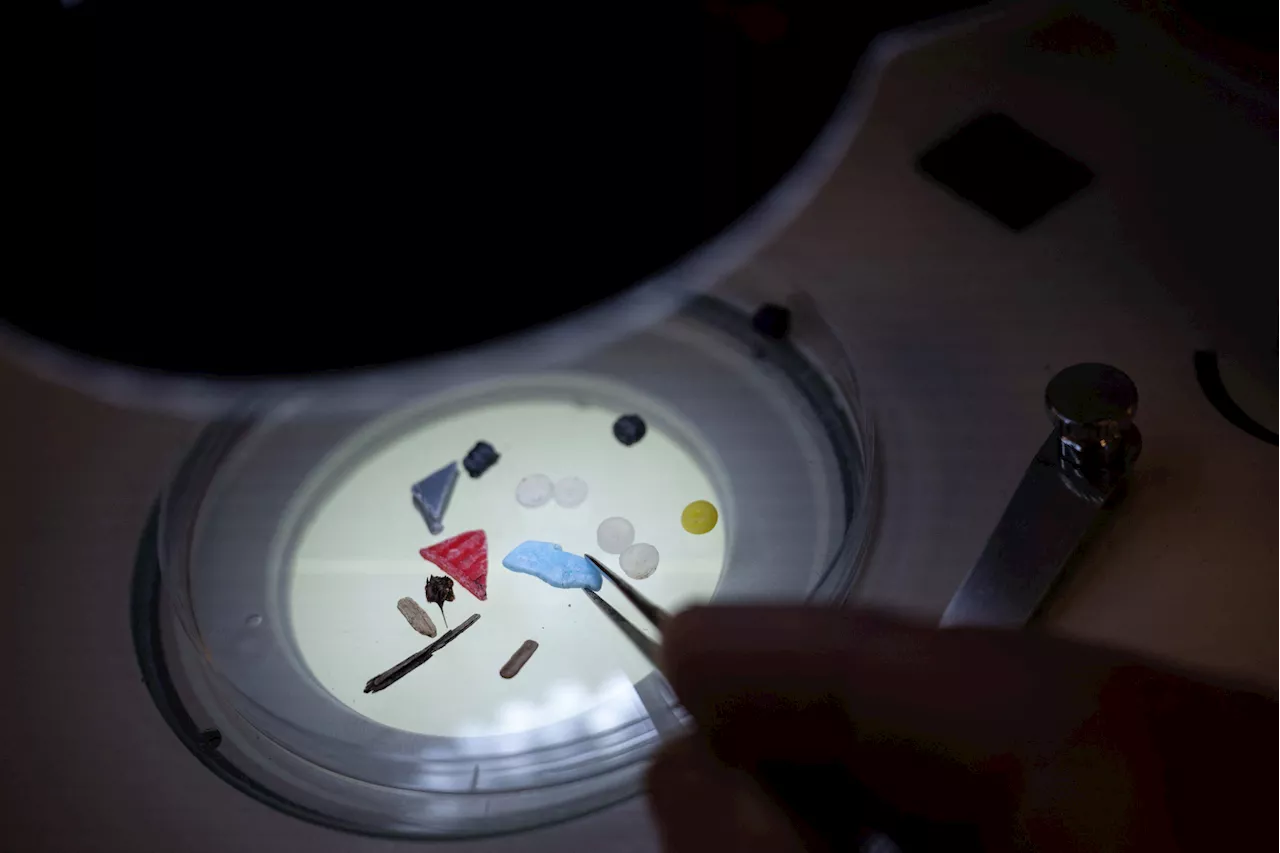The more we look for microplastics, the more we find them—including in our food.
Some may have been dismayed, others horrified, or even disgusted. Scientists researching microplastics, however, were unsurprised.Recent news from a study led by Madeleine Milne with Ocean Conservancy and the University of Toronto showed that 90 percent of the items that they tested, items we find in our fridges and grocery stores—from burgers and steaks to chicken and even plant-based foods—contain those seemingly ubiquitous tiny particles of plastics, often referred to as microplastics.
Changes to environmental practice and policy throughout history have come from grassroots efforts and public pressure; from nutrient controls to acid rain and mercury pollution.In each of these examples, this public sentiment was focused on bolstering the health of fresh water.Fresh water is essential to supporting life; we are two-thirds water by mass and will die of thirst without water in days. We also depend on freshwater bodies to support our economy and recreational activities.
United States Latest News, United States Headlines
Similar News:You can also read news stories similar to this one that we have collected from other news sources.
 National trend shows increasing amount of people under 50 are diagnosed with cancerResearchers believe possible causes range from inactive lifestyles, microplastics, and the consumption of processed foods.
National trend shows increasing amount of people under 50 are diagnosed with cancerResearchers believe possible causes range from inactive lifestyles, microplastics, and the consumption of processed foods.
Read more »
 The double cancer blow to Kate and King Charles leaves Britain's royal family depleted and strainedResearchers believe possible causes range from inactive lifestyles, microplastics, and the consumption of processed foods.
The double cancer blow to Kate and King Charles leaves Britain's royal family depleted and strainedResearchers believe possible causes range from inactive lifestyles, microplastics, and the consumption of processed foods.
Read more »
 The double cancer blow to Kate and King Charles leaves Britain's royal family depleted and strainedResearchers believe possible causes range from inactive lifestyles, microplastics, and the consumption of processed foods.
The double cancer blow to Kate and King Charles leaves Britain's royal family depleted and strainedResearchers believe possible causes range from inactive lifestyles, microplastics, and the consumption of processed foods.
Read more »
 The double cancer blow to Kate and King Charles leaves Britain's royal family depleted and strainedResearchers believe possible causes range from inactive lifestyles, microplastics, and the consumption of processed foods.
The double cancer blow to Kate and King Charles leaves Britain's royal family depleted and strainedResearchers believe possible causes range from inactive lifestyles, microplastics, and the consumption of processed foods.
Read more »
 The double cancer blow to Kate and King Charles leaves Britain's royal family depleted and strainedResearchers believe possible causes range from inactive lifestyles, microplastics, and the consumption of processed foods.
The double cancer blow to Kate and King Charles leaves Britain's royal family depleted and strainedResearchers believe possible causes range from inactive lifestyles, microplastics, and the consumption of processed foods.
Read more »
 The double cancer blow to Kate and King Charles leaves Britain's royal family depleted and strainedResearchers believe possible causes range from inactive lifestyles, microplastics, and the consumption of processed foods.
The double cancer blow to Kate and King Charles leaves Britain's royal family depleted and strainedResearchers believe possible causes range from inactive lifestyles, microplastics, and the consumption of processed foods.
Read more »
